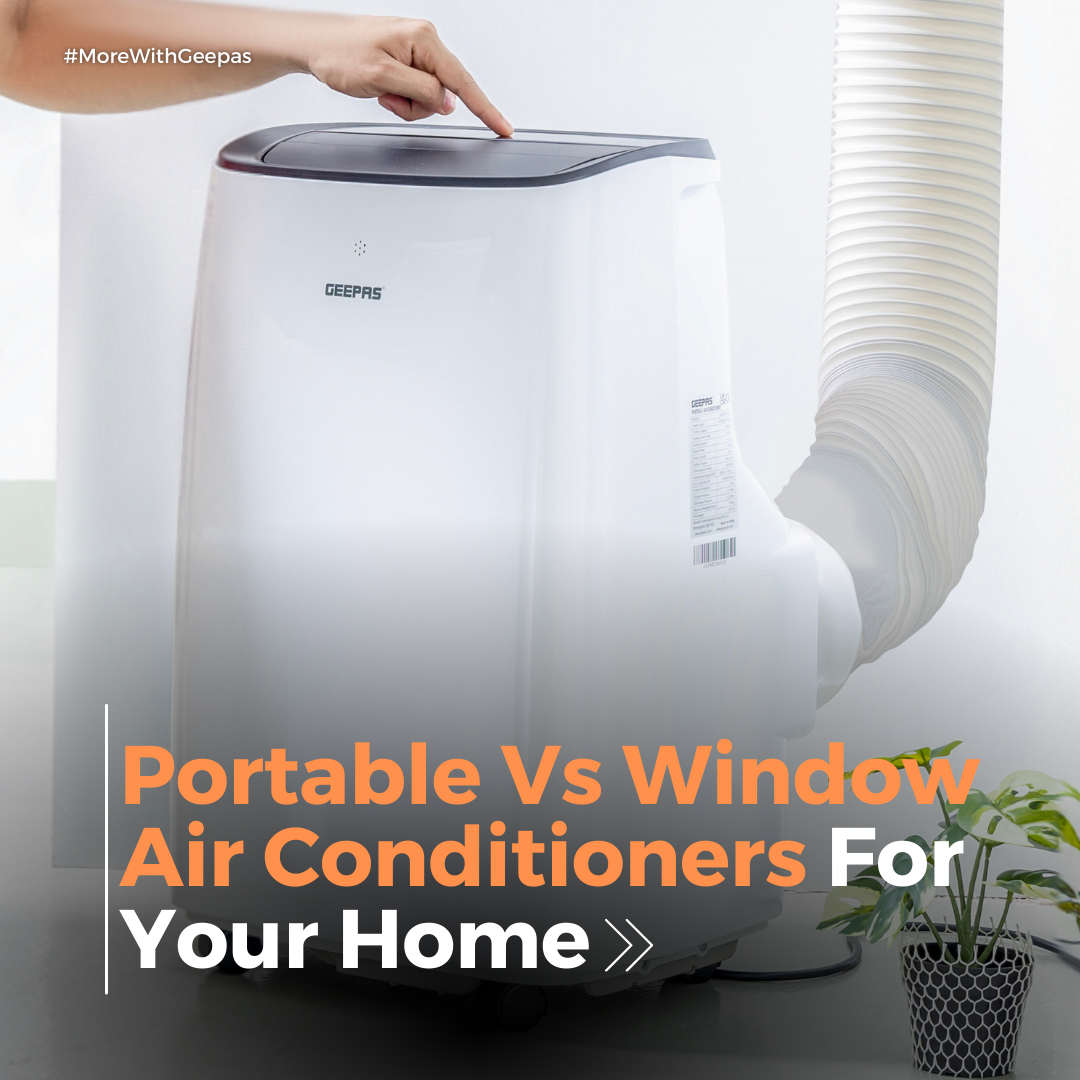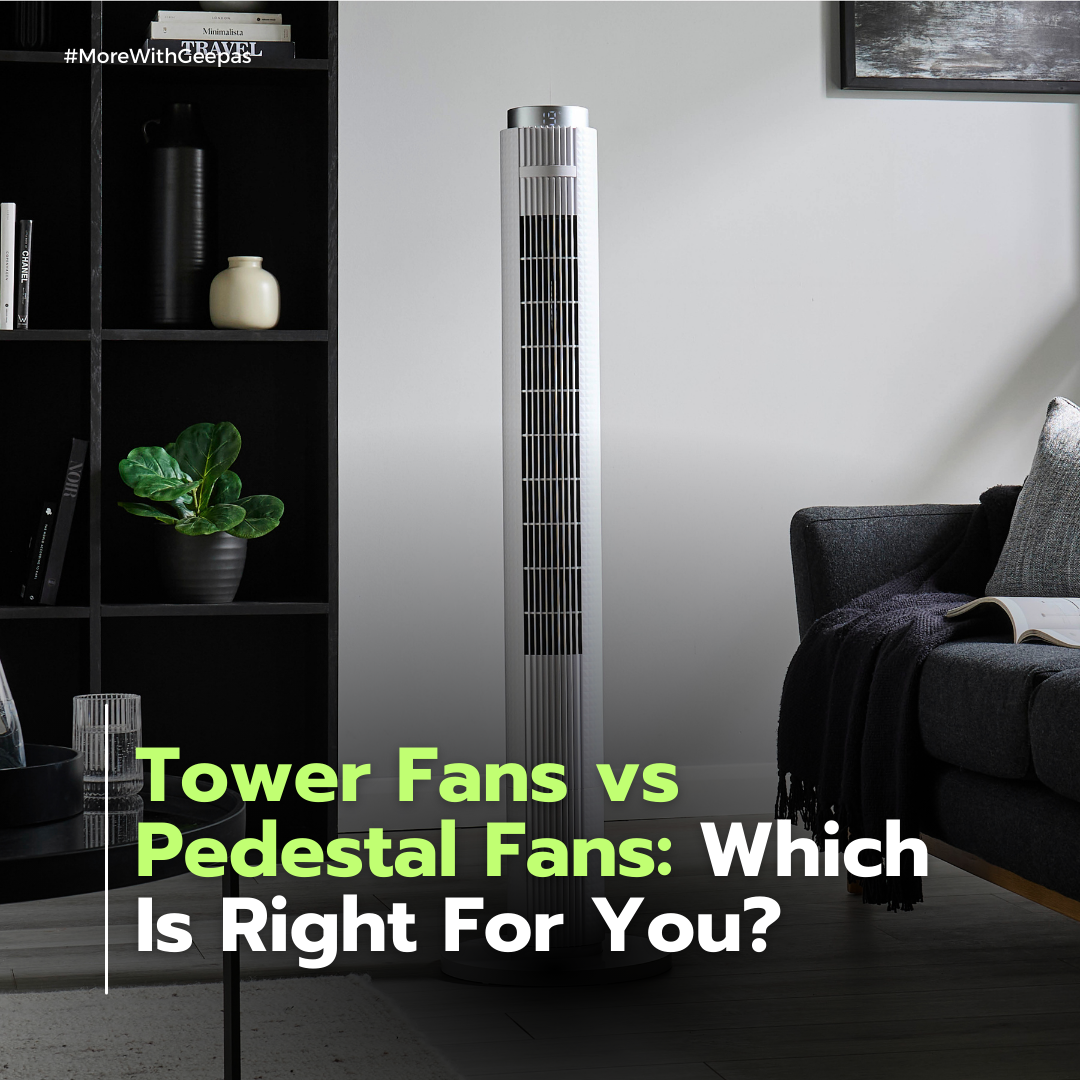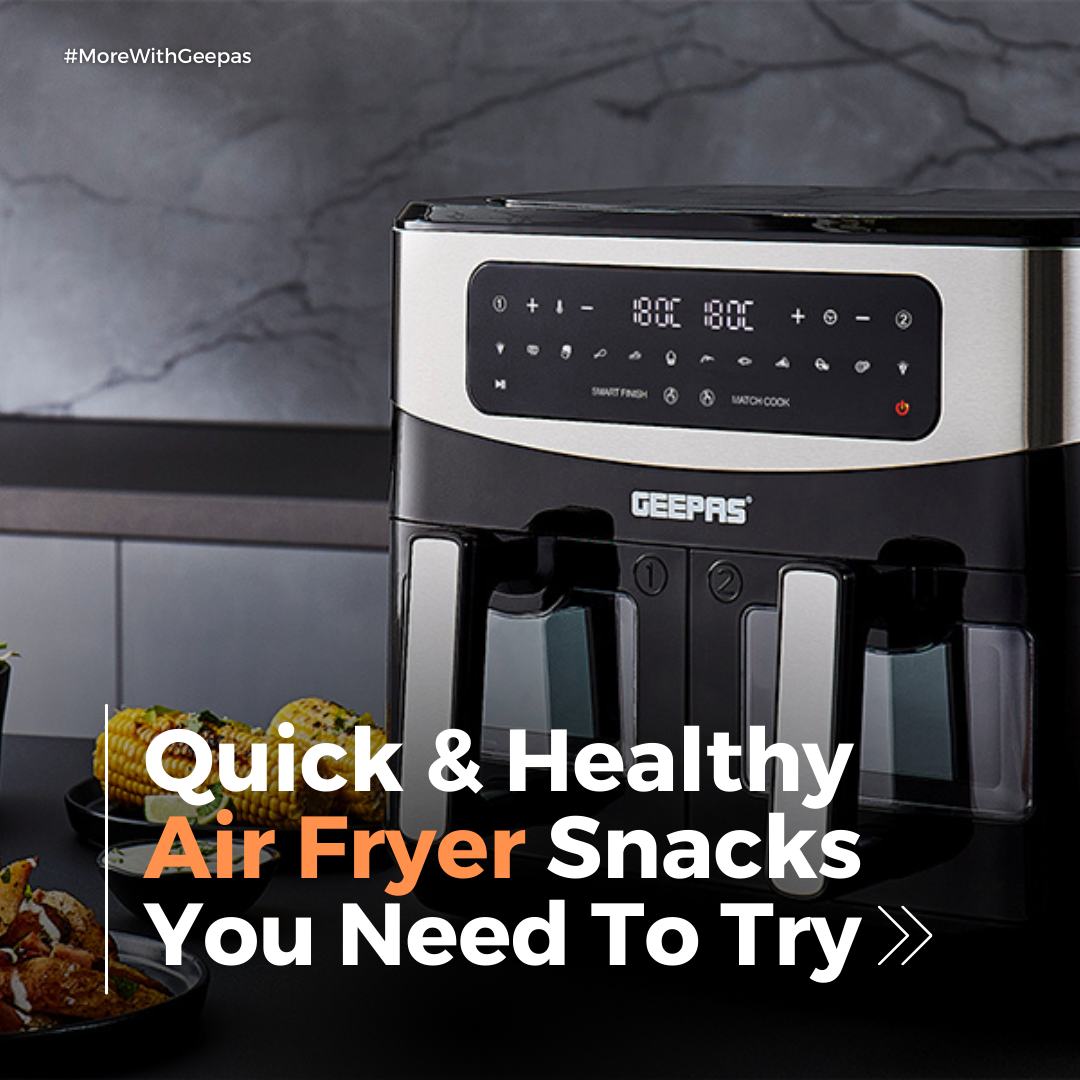The glorious British sunshine can be a double-edged sword. While we cherish the warmer months, sweltering summer nights can leave us tossing and turning, longing for a cool escape. This is where air conditioning units come to the rescue! But with two main options - portable and window units - choosing the right one for your needs can be tricky. Fear not, this comprehensive guide will delve into the key differences between portable and window air conditioners, helping you find the perfect solution for a cool and comfortable UK summer.
Understanding Your Cooling Needs:
Before diving into specifics, consider your cooling requirements. Here are some key factors to ponder:
- Room Size: Portable units are typically suited for smaller rooms (up to 20 sqm), while window units can effectively cool larger spaces (up to 30sqm) depending on their BTUs (British Thermal Units).
- Budget: Portable units generally have a lower upfront cost, window units often require much higher purchase price along with installation costs.
- Installation: Portable units require minimal setup, while window units require installation in a window frame.
- Portability: Portable units, as the name suggests, offer the flexibility to move them from room to room. Window units are fixed in place.
- Aesthetics: Portable units can be less visually intrusive than window units which partially block a window.
Portable Air Conditioners: Compact Cooling Convenience
Portable air conditioners are a popular choice for their ease of use and versatility. Here's a breakdown of their pros and cons:
Pros:
- Easy Installation: No need for professional installation - simply plug it in and vent the hot air out a window using a flexible hose.
- Portability: Move the unit from room to room to cool different areas of your home.
- Ideal For Smaller Rooms: Efficiently cools compact spaces like bedrooms or studies.
- Multiple Fan Speeds: Adjust airflow and cooling intensity to suit your comfort level.
- Dehumidifying: Dehumidification will come as effect from portable air conditioners alongside cooling.
Cons:
- Lower Cooling Capacity: May struggle to cool down very large rooms effectively.
- Hot Air Venting: The exhaust hose needs to be vented out a window, potentially compromising security or aesthetics.
- Noisier Operation: Portable units can be louder than window units due to their compact design.
- Energy Efficiency: While some models boast energy-saving features, they may not be as efficient as window units in the long run.
Window Air Conditioners: Powerful Cooling For Fixed Locations
Window air conditioners offer a powerful cooling solution for larger spaces. Let's explore their strengths and weaknesses:
Pros:
- High Cooling Capacity: Efficiently cool down larger rooms (up to 30 sqm) depending on BTU rating.
- More Energy-Efficient: Generally more energy-efficient than portable units, potentially leading to lower running costs.
- Quieter Operation: Window units tend to be quieter than portable units due to their larger size and ability to dissipate heat more effectively.
- No Hot Air Venting Concerns: Hot air is expelled directly outside through the window unit itself.
Cons:
- Permanent Installation: Requires installation in a window frame, potentially impacting aesthetics and security.
- Less Flexible: Fixed in place and cannot be easily moved to cool different areas.
- Room Size Restrictions: Ensuring a proper fit within a window frame can be a challenge, and blocking a significant portion of the window can be undesirable.
Additional Considerations:
- Energy Efficiency Rating: Look for units with a high Energy Efficiency Ratio (EER) to save money on running costs. The higher the EER, the more efficient the unit.
- Climate Control Features: Many units offer features like thermostats, timers, and sleep modes for added convenience and energy savings.
- Noise Levels: Consider decibel (dB) ratings when choosing a unit, especially for bedrooms. Lower dB ratings indicate quieter operation.
- Drainage Options: Some portable units require manual condensate drainage, while others feature self-evaporation systems for hassle-free operation.





